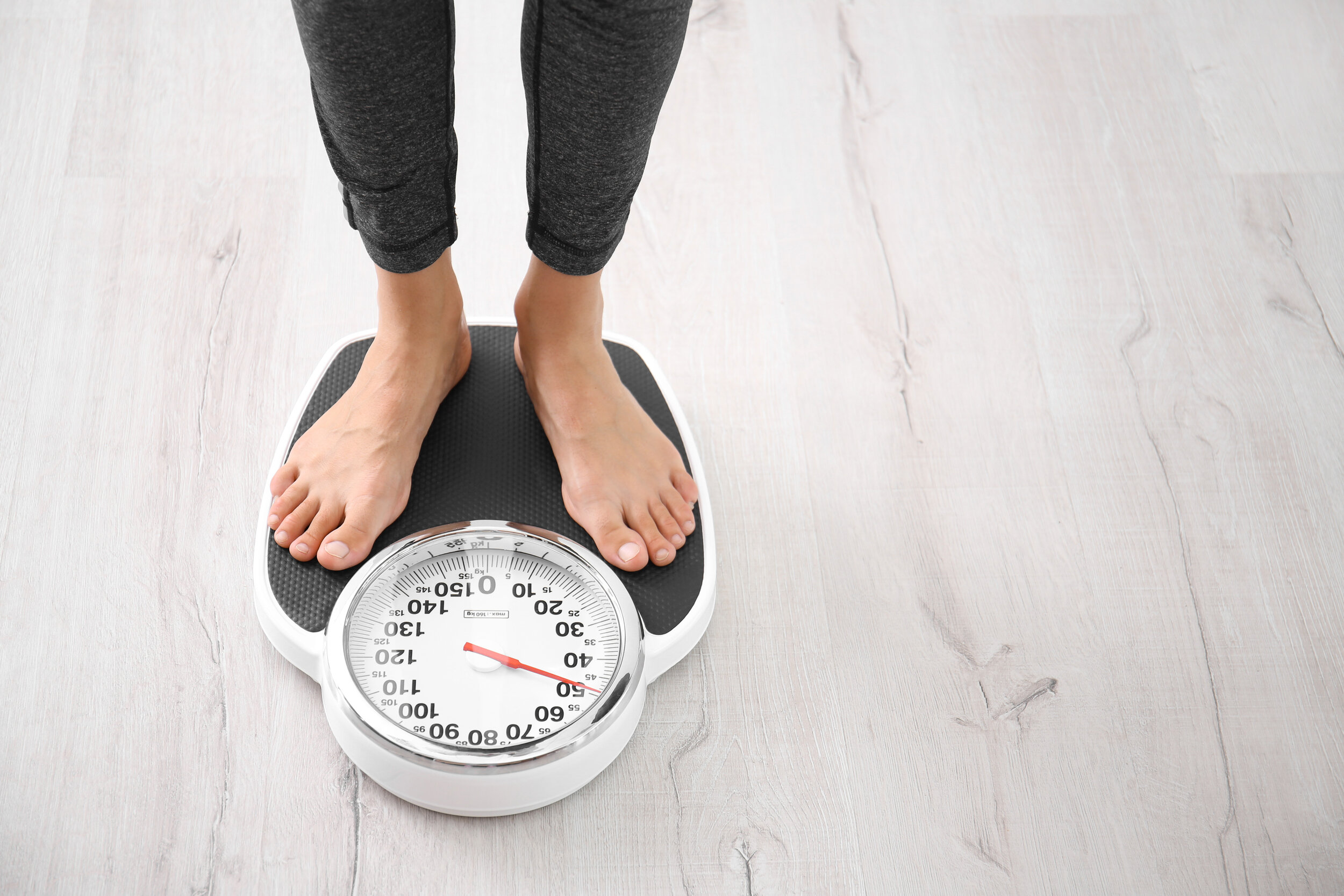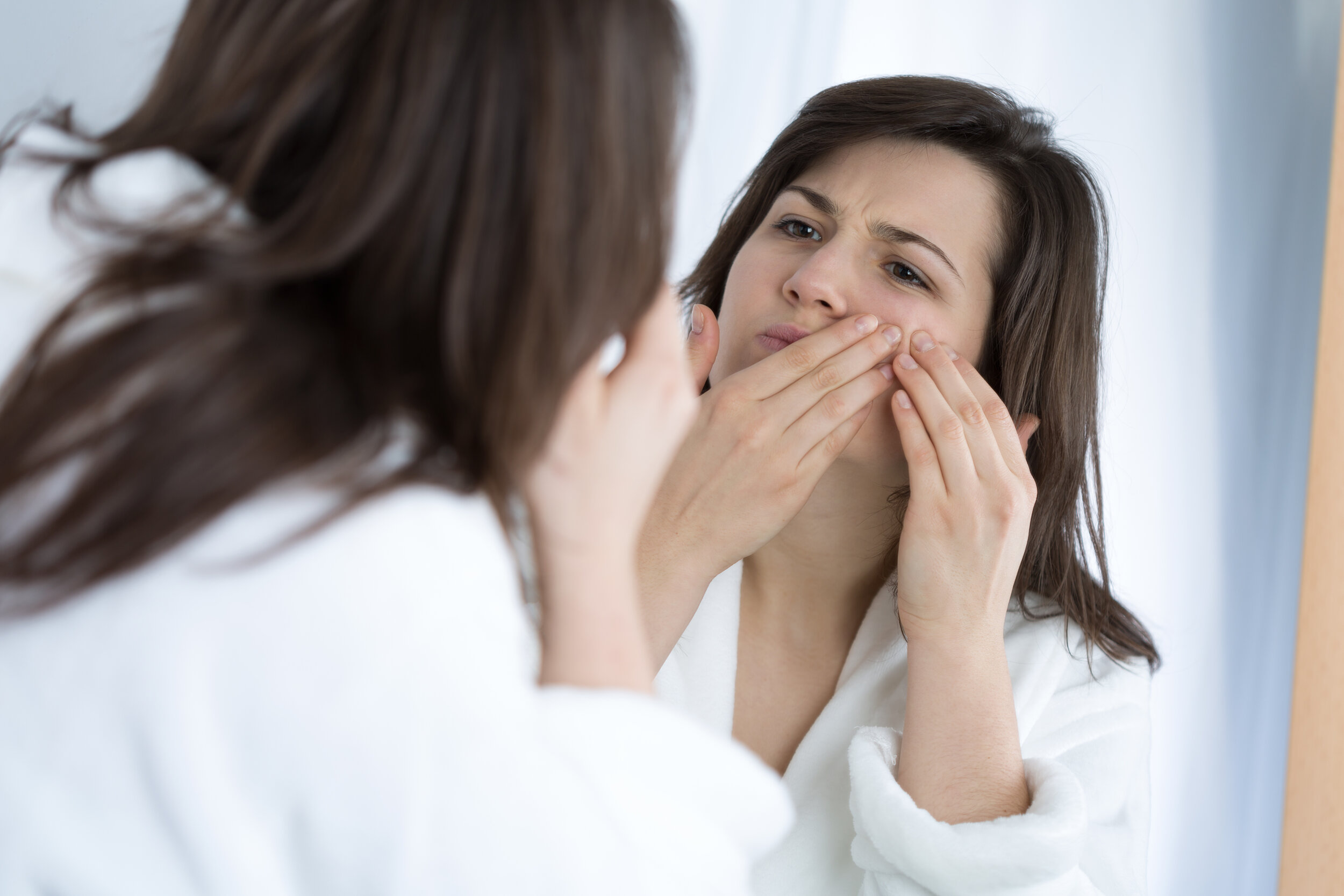Gut Health and the Microbiome
For anyone who has had digestive issues, you’ve probably heard the word “microbiome”or maybe the term “gut health.” I’m currently going through a flare up which hasn’t happened to me in 6 years. It can be really frustrating dealing with these gastrointestinal (GI) issues, especially if you don’t know what's causing them in the first place.
I often need to remind myself that these annoying symptoms won’t last forever AND there is a lot I can do to help manage my situation. When dealing with our GI system, something critical to understand is the balance of our microbiome.
What is the microbiome?
Our microbiome consists of trillions of microorganisms living in our bodies. Most of these microorganisms are found in the small and large intestine, but can be found in other areas in the body as well. These microorganisms are not only bacteria, but viruses, parasites, and funghi. Our genetics play a major role in the type of bacteria our bodies house. Environmental factors along with our diets also affect the type of microorganisms that our microbiome consists of.
The word “gut” is often used along with microbiome. When you see articles referring to a “healthy gut,” it’s essentially talking about the bacteria in your intestines. It’s important to note that some microbes that live in our body are helpful and some can be potentially harmful. The balance of bacteria in your system is necessary for normal GI function. If you have an unbalanced amount of bacteria it can lead to diseases such as Crohn’s, ulcerative colitis, and irritable bowel syndrome (IBS).
So what does the microbiome do?
These microbes help support our immunity by breaking down toxic food compounds and synthesizing important nutrients such as vitamins and amino acids. The gut affects different parts of the body:
Heart
Some bacteria have been linked to cholesterol and heart disease. If you eat red meat or eggs the bacteria produces a chemical that the liver turns into something called TMAO (trimethylamine-N-oxide). This chemical assists in building cholesterol in your blood vessels.
Lungs
Researchers at John Hopkins have found a correlation between the microbiome and Tuberculosis. They were able to isolate a marker in the gut bacteria in positive Tuberculosis cases. This could potentially make diagnosing TB much faster and easier in the future. More research is being done to look at how bacterial changes relate to various lung diseases.
Kidneys
Research shows that TMAO may also lead to chronic kidney disease. The kidneys become unable to filter out all the TMAO.
Brain
Your gut can send signals back to the brain. Various balances of bacteria can affect not only your emotions, but your senses as well. Changes in sight, sound, taste, and texture are just some examples. Research is also being done that shows these gut bacteria may play a role in conditions such as depression, anxiety, chronic pain, and autism spectrum disorder.
What are some signs you have an unhealthy gut?
Healthline.com outlined 7 common signs of an unhealthy gut.
1. Upset Stomach
Difficulty processing food and getting rid of waste could cause gas, bloating, constipation, and heartburn.
2. High Sugar Diet
Refined sugars have been linked to inflammation in the gut. Sugars and processed foods decrease the amount of good bacteria in the gut.
3. Unintentional Weight Change
Unbalanced gut can cause malabsorption of nutrients, while overgrowth of bacteria can cause weight loss. Regulating systems of blood sugar and storing fat can also be affected causing unexpected weight gain or loss.
4. Sleep Disturbance and Constant Fatigue
A significant amount of serotonin is produced in the gut. When our gut is unhealthy sleep can be altered and disturbances such as insomnia can occur.
5. Skin Irritation
Eczema has been found to be related to a damaged gut. Secretion of certain proteins from a poor diet can cause eczema and other conditions that affect the skin.
6. Autoimmune Conditions
Systemic inflammation can occur from an unhealthy gut. This can cause issues with the immune system which can lead to the body attacking itself.
7. Food Intolerance
Evidence suggests that food intolerance and allergies are related to gut health. When there is a lack of certain bacteria in the gut, it makes digestion of certain foods difficult. The immune system reacts to poor digestion causing symptoms like gas, bloating, and other symptoms of inflammation.
If you suffer from several of these symptoms without relief, it might be time to check in with your doctor. Testing for food intolerance not only gives you insight to symptoms you might be having, it also gives you clarity on the type of diet that works best for you. Sometimes, just knowing is half the battle. It's exhausting trying to fight the symptoms of a problem that can be prevented and self managed. The good news is that there are several ways to keep your microbiome balanced that you can easily do on your own.
What can I do to create a healthy microbiome?
1. Take A Probiotics
Probiotics are supplements that contain various bacteria that are essential for healthy gut function. It becomes a bit complicated, since no probiotic is the same because they contain various combinations and amounts of healthy bacteria. Also, people don’t know which bacteria they lack or have an abundance of, so its effectiveness can vary greatly.
2. Make Change to Your Diet
There are foods that naturally contain probiotics. The raw versions of these foods have the highest amounts: garlic, asparagus, onions, leeks, bananas, seaweed, Jerusalem artichokes and dandelion greens. In general fruits, vegetables, whole grains, high fiber, healthy fats like avocados and almonds all support our microbiome. Stay away from processed foods and foods with lots of sugar as these types of foods are irritants to our GI system.
3. Get Enough Sleep
It's recommended you get 7-8 hours of uninterrupted sleep. Insufficient sleep affects the gut’s ability to perform all of its functions well.
4. Stay Hydrated
Keeping up with hydration is important for the intestinal lining as well as keeping balance of bacteria in the intestines.
5. Check for Food Intolerance
If you have symptoms such as increased flatulence, bloating, nausea, or diarrhea after eating certain foods, it would be beneficial to rule out food intolerance. Constant irritation to the digestive system will eventually lead to bigger problems later on. Keep in mind that the imbalance of gut bacteria can also lead to disease.
6. Exercise
Exercise can change the composition of your microbiome. Researchers saw changes within 6 weeks of exercising. It was also noted that if the subject stopped exercising, the microbiome of the subject reverts back to its original state.
It may not seem like much, but taking care of yourself by getting enough sleep and eating foods that are rich in probiotics can make a huge difference. Not only will you be helping keep your gut healthy, but almost all areas of our bodies are affected by the foods we eat. A healthy diet and regular exercise is beneficial not only for your gut, but for your cardiac health as well. Don’t underestimate making little changes to your diet and activity. Adding a probiotic might be all you need to keep your microbiome balanced and healthy.























Do you struggle with side planks? Try a modified version on your forearm and knee. You can add different exercises in this position to work the side body while working towards a full side plank.